Affirming Black Pub Culture with Prince of Peckham
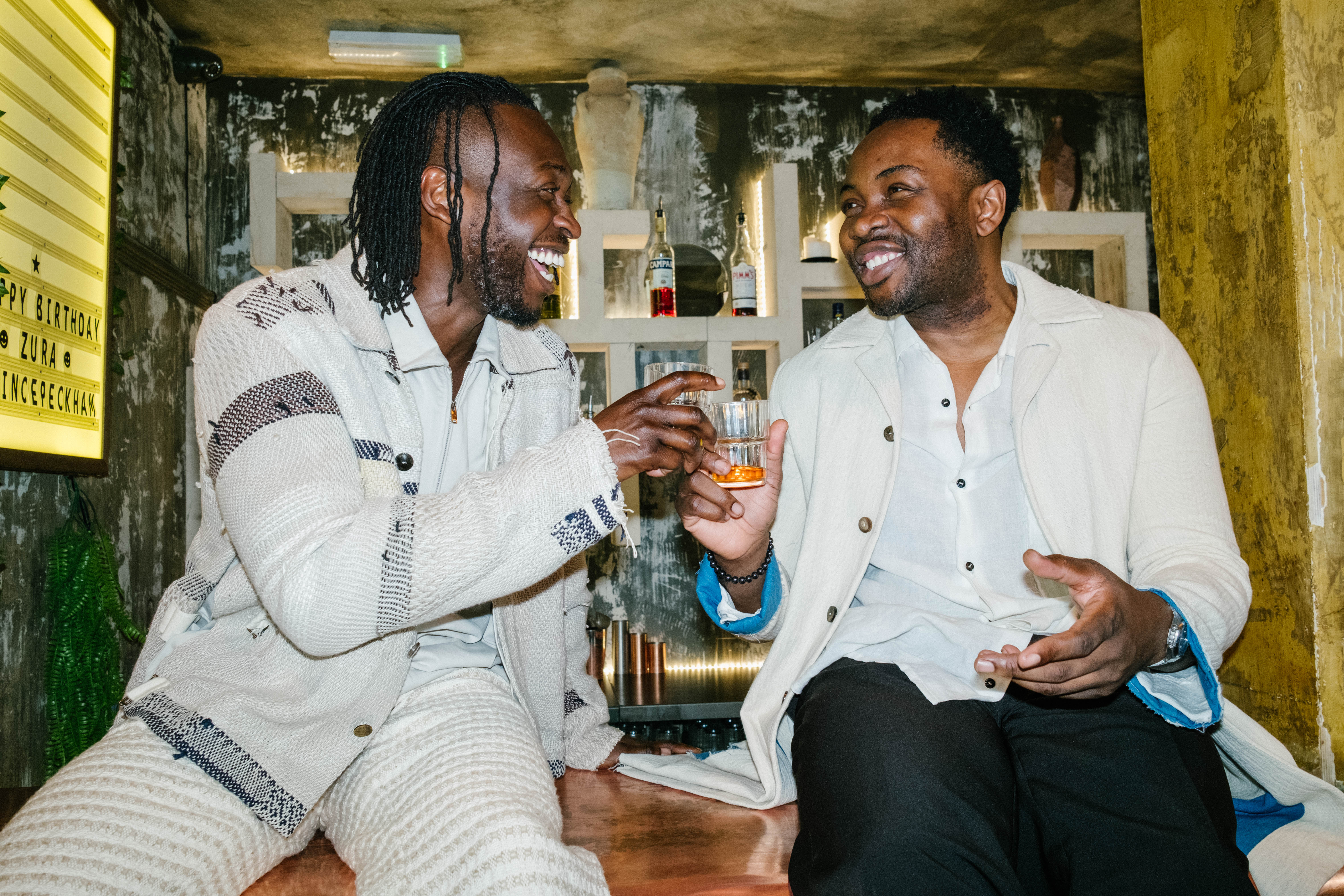
A gentrified ghetto seasoned with an amalgamation of black histories, cultures, sounds and hairstyles; Peckham remains a place of comfort, belonging and familiarity for London’s black population. Also referred to as ‘Little Lagos’, Peckham is known for its Nigerian subcultures due to the first wave of 1970s economic migrants from Nigeria, who have become a pillar of blackness in this community. Off-shored from its famous high street strip full of food markets and African aunties insisting to braid your hair, London’s notorious black-owned pub Prince of Peckham is an instrumental part of this community. Nigerian-born and South-London-raised owner of Prince of Peckham, Clement Ogbonnaya explains the black community’s alienation from British pub culture needed to be bridged.
“Pubs are really like cornerstones you know – but it’s something for us as Black people, we didn’t grow up on. It’s not like my dad would say ‘Chukwumerije, we’re going to the pub!’ He didn’t tell me that one once. But when you think about it, pubs are so essential, particularly in inner-city London. So I decided to buy a pub”. Whilst pubs were communal areas for white Brits to convene, many Black people in the UK did not find them suitable or safe spaces to be in Prince of Peckham changes this.
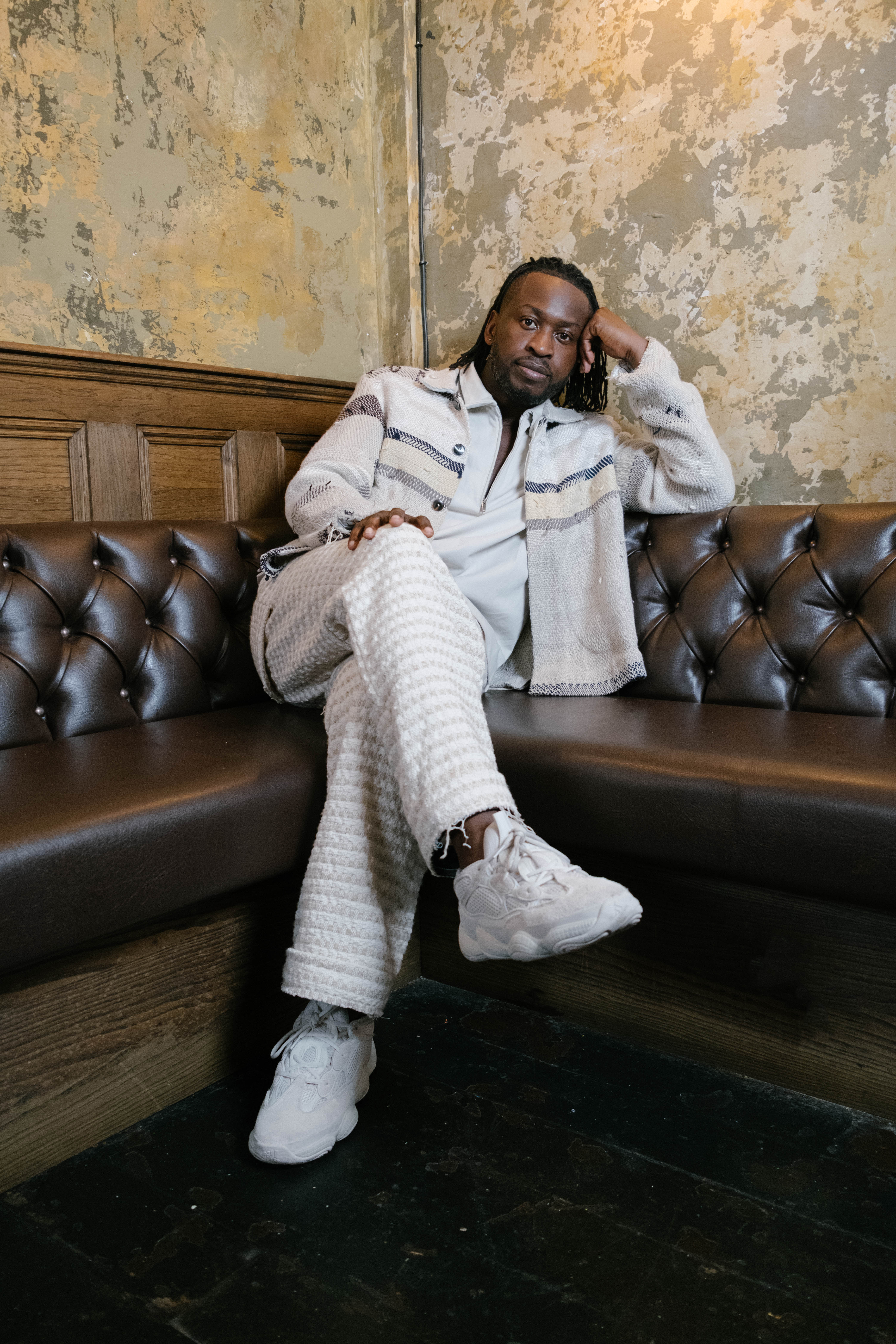
Clement formed his pub philosophy around the 1990’s Channel 4 television show Desmond’s. Set in a Peckham barber shop run by a Guyanese couple from the Windrush generation, Desmond’s explores the experiences of Black people living in the UK in search of their cultural identity in a foreign and white land. Prince of Peckham was opened to appeal to all in Peckham’s community, not just those who typically visit pubs.
“Desmond’s is one of my favourite programmes, and when we came to this country it was the only television show that remotely resonated with my family’s situation and what we looked like.” But there was the one character, Lee “The Peckham Prince” Stanley, who stood out to Clement. Lee’s ability to switch between patois and cockney English inspired him to create a fluid brand identity which recognised both Black and British culture.
Therefore every detail about the pub shares this same message. From the pub’s name to its decorations, and drinks menu – Prince of Peckham embodies a celebration of Black royalty and regalness. This is most evident by the artwork that encases the building.
”The Black Prince and Princess on the front end of the pub. It’s really important for young black kids, and those of other minority groups, to identify with this image. We are all royals! This is a black-owned business for everyone in the community.”
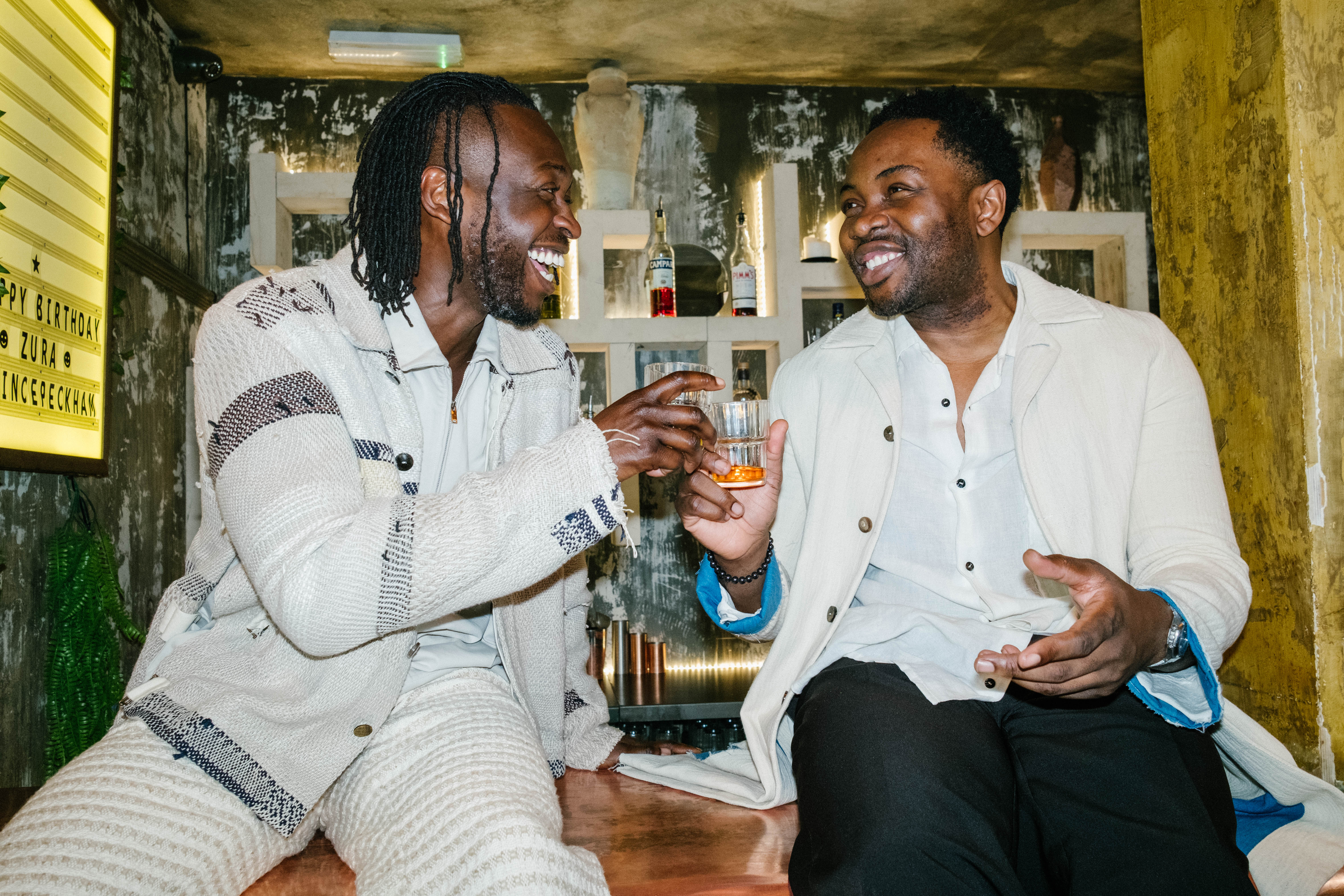
Watching these people come alive on the dance floor, with the perfect combination of music and vibes, Clement knew that the party industry would be one that he wanted to indulge in. Clement is truly a self-professed party lover.
“I was into Garage MCing – I used to MC in my room, write little bars. My brother Ernest was a massive raver – I used to sneak out with him from time to time, go with him to parties.”
Following the first lockdown in March 2020, things changed drastically for everyone. The pandemic had a devastating impact on London’s pubs and nightclubs, resulting in nearly a quarter of nightclubs closing down since the pandemic started. The loss of vibrant nightlife became a shock to the system for a city that hardly ever sleeps. A difficult time for most, Clement shares how he used this time – during the first lockdowns, to focus his energy on fulfilling his duties as a father. Using this time to slow down and regroup, and then to steer his future business endeavours.
From the beginning, Prince of Peckham has been built and sustained by its community, with many of the same faces being seen on DJ and hosting lineups.
“It’s very important that we represent Peckham and southeast London in its entirety. But even before that, I’m unapologetically African and you’re gonna know that in terms of the music, and the events, and the people we work with.”
Three of these people, highlighted in the editorial feature, are host and DJ Matty Chiabi, music industry giant and A&R Gordon Ewgu, or G-Fresh, and one of Peckham’s Finest Isla Loba.
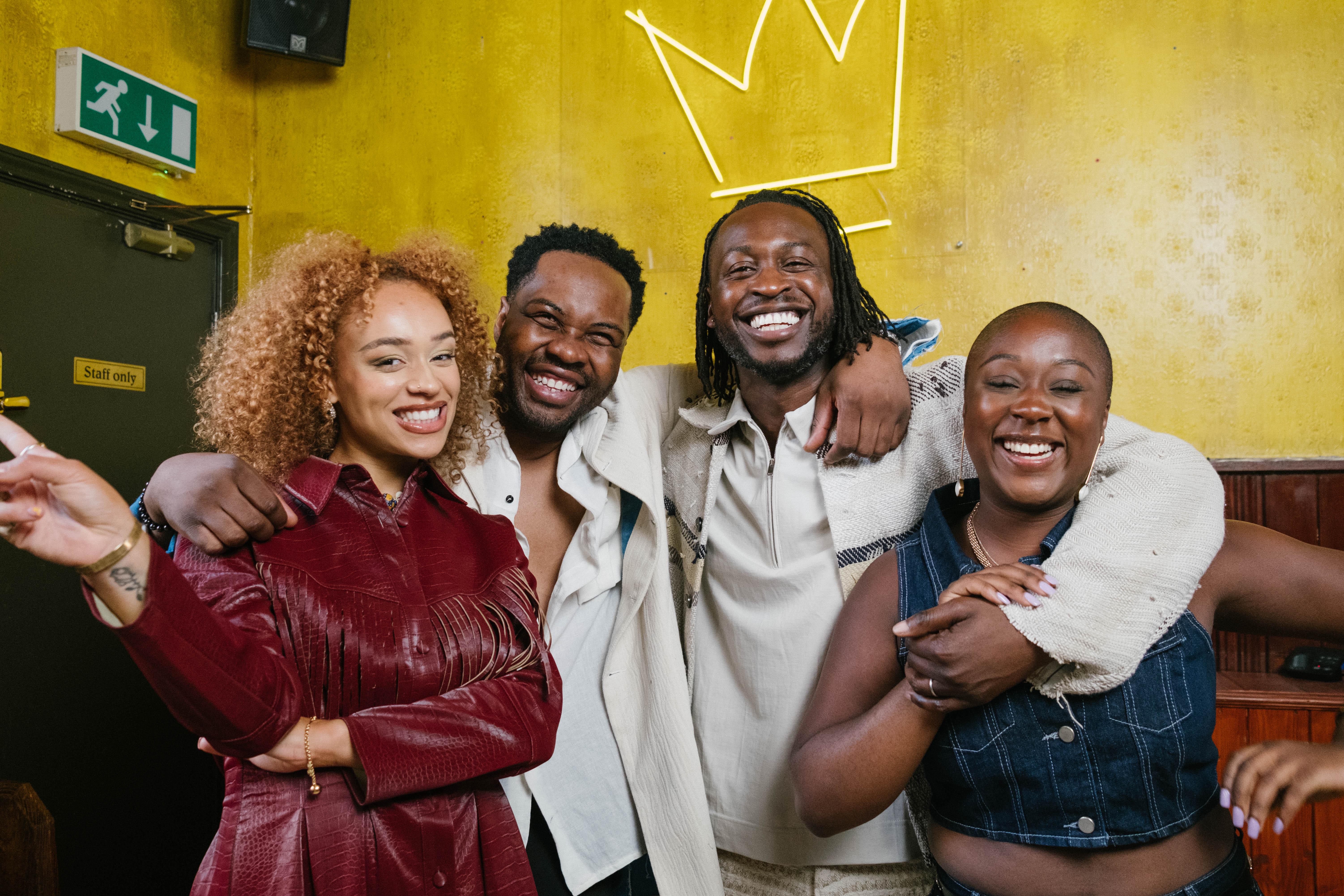
Matty is a multi-genre DJ and Radio presenter with a passion for Afrobeats, from Brixton. Part of a female-only DJ collective ‘Girls Don’t Sync’, Matty shares how instrumental Prince of Peckham has been in launching her DJ career. The Girls Don’t Sync DJ collective is dedicated to exposing female DJs by using their platform to train, build and guard an “army” of female DJs.
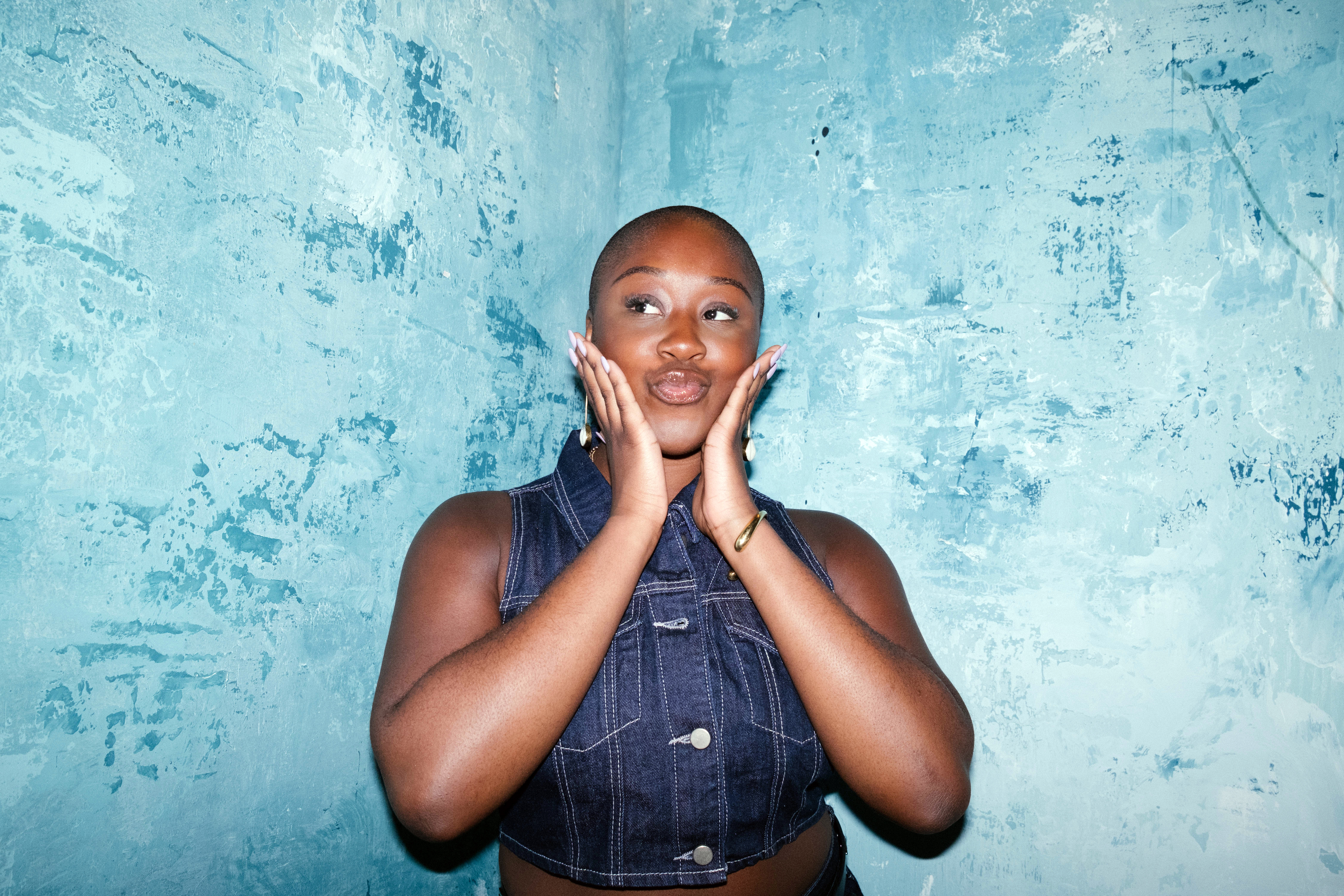
Music giant G FrSH also makes up this Prince of Peckham lineup. Rapper, artist manager and entrepreneur known for his varied career moves. Signed to Tinie Tempah’s Disturbing London Records, Gordon has made great strides in his rap career which started in 2007. He now acts as artist manager within the label, responsible for Yxng Bane and many more artists! This past year, he joined United Talent Agency as an A&R consultant which is responsible for artists such as Burna Boy and Young Thug. Throughout all of this he has remained an instrumental piece in Prince of Peckham’s progress.
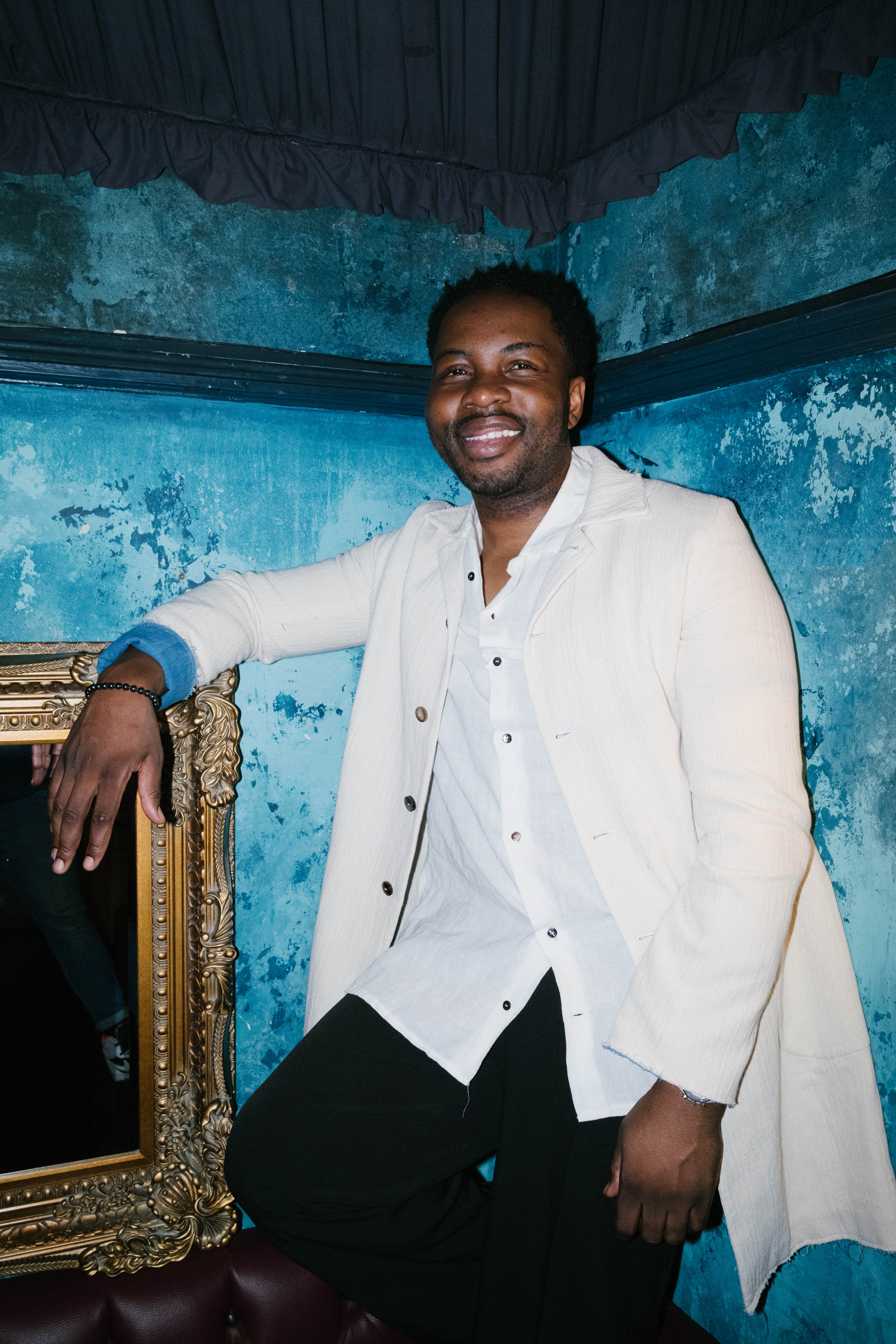
Isla Loba is a model, student and content creator, who was featured in the ITV show Peckham’s Finest. The show championed diversity by amplifying Black voices and stories. Isla shares how important it was to be part of this lineup, for exploring diversity outside of just race. “There’s so much more to diversity, like where people come from and the LGBTQ+ community.”
Now due to the well-deserved successes of Prince of Peckham, the birth of its second pub has been announced as “Queen of the South” in Tulse Hill. Clement boasts of this new venue being a fully inclusive space, with a spotlight focus on the queer community. With this new venture Clement continues to reinvent pub culture not just through individual events but, through this clear message that his pub group – The Village People – champions marginalised voices.
One figure that Clement speaks highly of during the conversation is Nelson Mandela.
“I was thinking about his tolerance, which is the one thing that stands out to me. I really try and be a tolerant person because we live in a world where everyone’s got views and the powers that be throw in a variety of mechanisms purely to divide us”
In a time where individuals and businesses are pushing for representation, whether genuine or not, Clement never wants Prince of Peckham or any of his future pubs to fall into the trap of token gestures or doing things for the sake of doing them.
“I just feel like sometimes when I hear the word inclusivity get banded about, it’s kind of empty. It’s almost become a tag word. It’s like, akin to the Nike tick. You know, people say it thinking ‘Oh, yeah we’re inclusive. But even when we said we were, we weren’t completely – we didn’t have disabled access. So how inclusive were we? Inclusivity is constantly working with a variety of groups that are within that community, understanding who isn’t being represented, and who feels they haven’t got a space.”
Clement hopes that the Queen of the South will “shine a rainbow on Tulse Hill”. Rejecting the norms that Western society places on people, Queen of the South is a celebration of marginalised communities with a strong focus on the women within them. LGBTQIA+ groups will be given a spotlight alongside a strong message of being free to love all. When it comes to queer identities, Clement says it is not enough to just be tolerant of people but to make the time to understand and learn from these communities.
“Everybody’s different. You’re you and I’m me. We’re not the same, but at the end of the night we both end up bussin’ shapes to Kanye, right? That’s what I want and that’s what I’m trying to do – create a shared experience for all types of people.”
Photography – Shane Duncan




![ZINO VINCI’S ‘FILTHY & DISGUSTING’EP BRINGS YOU TO THE CORE OF THE ARTIST [@ZinoVinci]](https://guap.co/wp-content/uploads/2023/10/Zino-4.jpg)

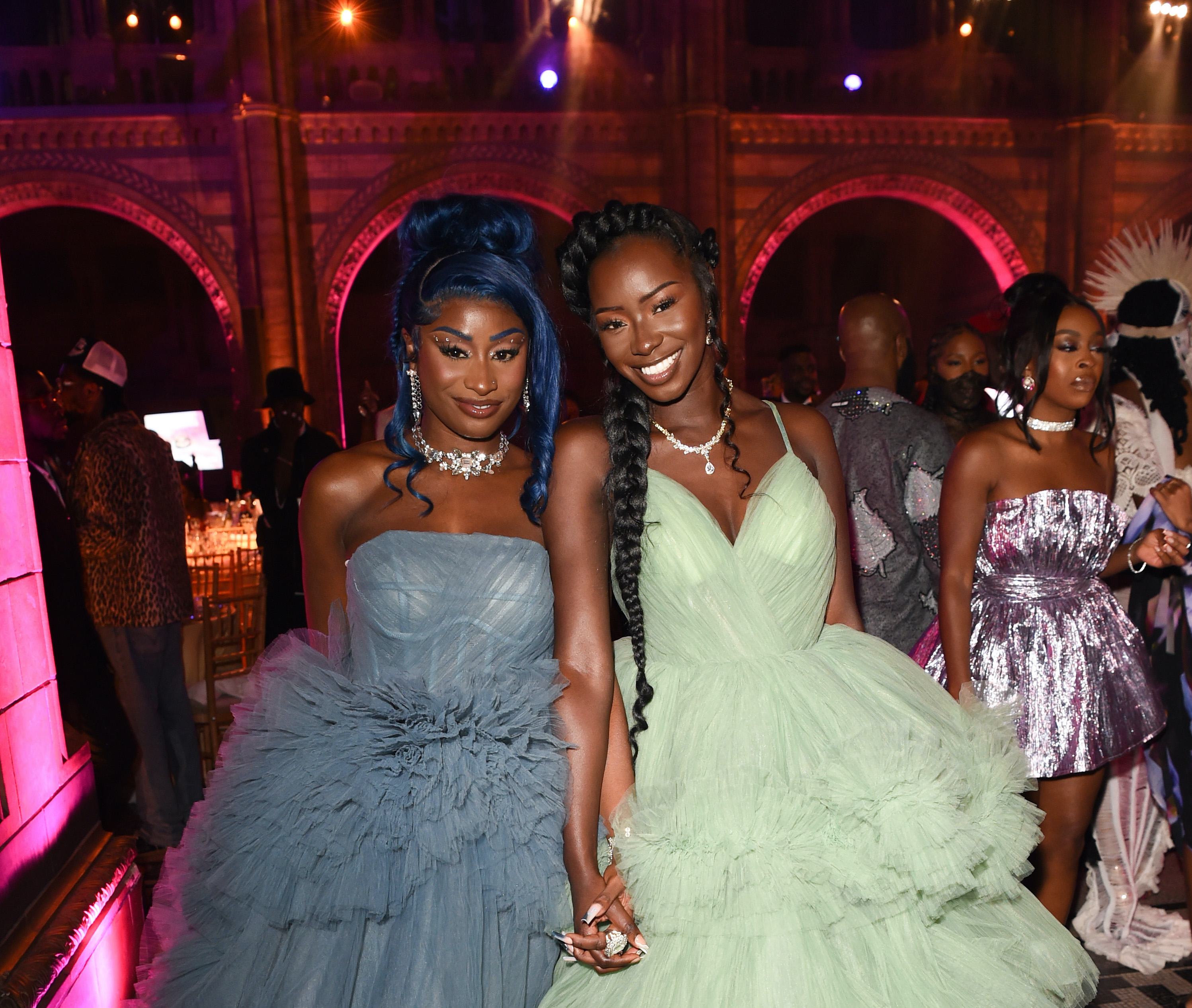
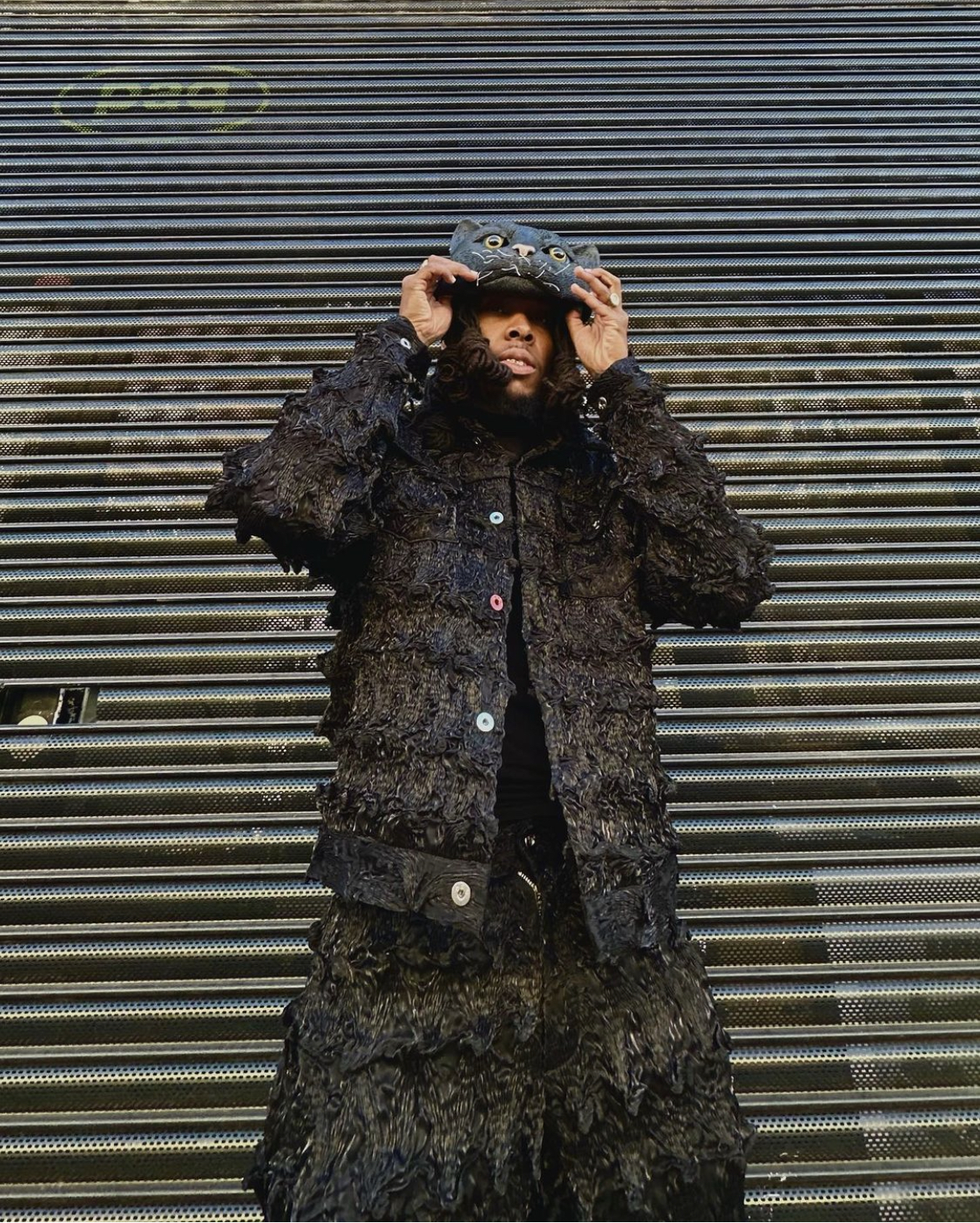


![Remel London’s [@Remel_London] “Mainstream” is a must attend for upcoming presenters!](https://guap.co/wp-content/uploads/2017/02/REMEL-LONDON-FLYER-FINAL-YELLOW-COMPLETE-1.png)